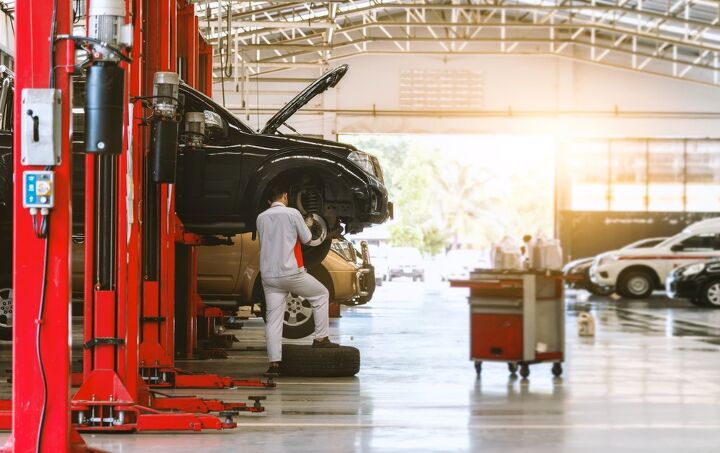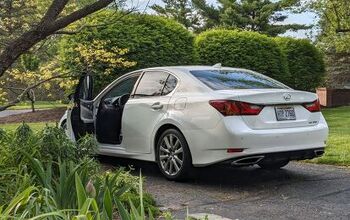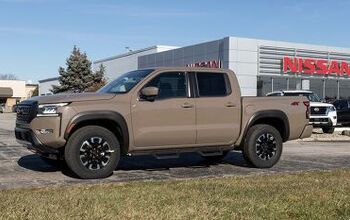Independent Repair Shops Win Over Dealerships in Consumer Survey
A comprehensive survey conducted by Consumer Reports, involving feedback from nearly 11,000 members on over 11,600 auto repairs, reveals a distinct preference for independent auto shops and certain chains over dealership service departments for vehicle repairs.
The Appeal of Independent Shops and Specific Chains
The survey identifies a clear trend: independent auto shops, alongside specific chains like Goodyear Auto Service, achieve the highest levels of customer satisfaction. These facilities stand out for their exemplary service, underscoring their role as the preferred choice for many vehicle owners needing repairs.
Dealerships: Diverse Experiences Across Brands
Experiences with dealership service departments show considerable variation depending on the vehicle brand. Brands such as Acura, Lexus, Mazda, and Volvo receive commendation for their dealership service satisfaction. Conversely, Jeep and Kia, followed closely by Hyundai, find themselves at the lower end of customer satisfaction scores. This variability highlights the brand-dependent nature of service quality in dealership departments.
In response to their lower ratings, Kia acknowledged the challenge of meeting service demands due to a surge in their U.S. owner base, committing to enhancing dealership capacity. Jeep chose not to comment on their rating.
The Unpredictability of Repairs Versus Maintenance
John Ibbotson, the chief mechanic at Consumer Reports’ Auto Test Center, contrasts the planned nature of regular vehicle maintenance with the often unforeseen necessity of repairs. The unpredictable nature of repairs underscores the importance of having a dependable service provider ready to address sudden vehicle issues, ensuring minimal downtime for the owner.
The Consumer Reports survey specifically sheds light on members' experiences with repairs paid out of pocket, excluding maintenance, tire issues, collision repairs, and services covered by warranty or recall. This focus offers insight into consumer preferences and satisfaction when directly responsible for repair costs, highlighting the perceived value and effectiveness of services rendered by different repair facility types.
This analysis underlines the nuanced decision-making process vehicle owners face when selecting a repair service, with a clear inclination towards independent shops and certain chains for their ability to deliver reliable and satisfactory service. Meanwhile, dealership services present a varied picture, with performance strongly tied to specific brands and the nature of required repairs.
This article was co-written using AI and was then heavily edited and optimized by our editorial team.
More by TTAC Staff
Latest Car Reviews
Read moreLatest Product Reviews
Read moreRecent Comments
- Jkross22 Hybrid V8 with a proven ZF 8 speed tuned correctly or with a Getrag 6 speed manual.Sorry, what was the question?
- SCE to AUX Hydrogen will remain a dud with many strikes against it.As for product portfolio, I'd offer:[list][*]Trucks - gas with hybrid option, with legal diesels for a premium.[/*][*]SUVs - gas with hybrid option, using the low-end truck engines.[/*][*]CUVs/Sedans - a) gas with hybrid option, b) BEV on a dedicated platform.[/*][*]No PHEVs - They are low volume, high cost, high complexity, and people rarely use them properly anyway. Because of this, their 'green-ness' will probably be investigated someday.[/*][/list]Few companies can be all things for all people, so the market shouldn't be regulated as such. It should be OK for niche players to avoid electric, and not everyone can offer a large pickup or sedan.The real challenge is that every company has limited resources (even Toyota), so committing to a risky development and sourcing program takes courage they often don't have. Both BEV and ICE are risky if the politics change against you.
- 28-Cars-Later "The automaker is aware of around 300 deliveries that might have come as a part of the dealer’s efforts, and audits revealed that there were more than 20 vehicles still on its lot that were reported sold."Not sure but it sounds as if they were selling the cars to themselves to collect either individual or the monthly shop incentive. Dealer do sell cars to themselves to make the monthly nut sometimes but I'm sure there is a limit in the fine print of the franchise agreement which 300 would exceed. The "wholesale" end of it is how I would get rid of them because there are only so many high dollar sales the UCM can make in a month (call them "demos", there are buyers who eat those up). The problem sounds like the morons seemed to keep all the "sales" on the lot and then sold at least 100 all at once in one deal which looks suspicious. Should have been unloading the "sold" inventory weekly in small chunks on the block (at nearly any price). Idiots. Probably could have stayed under the radar if done on a much smaller scale. Greed kills.
- Lou_BC I like the fact that Kia is going after dealerships like this. I ran across some outright lies and misleading advertisements when looking for my current truck. I filed a complaint with GM Canada. Their reply, "times are tough and dealers are independent companies separate from GMC.
- Canam23 While the Mirage makes me ill just looking at it, I believe that Mitsubishi is well above Nissan in reliability. Everyone I knew who's sister bought a Versa had constant issues with them.


































Comments
Join the conversation